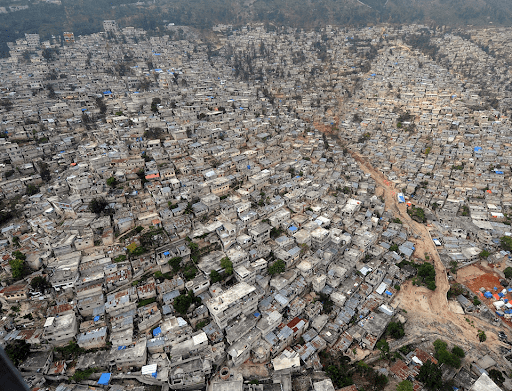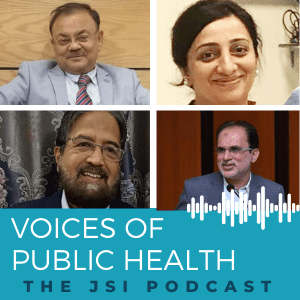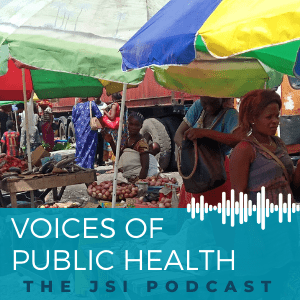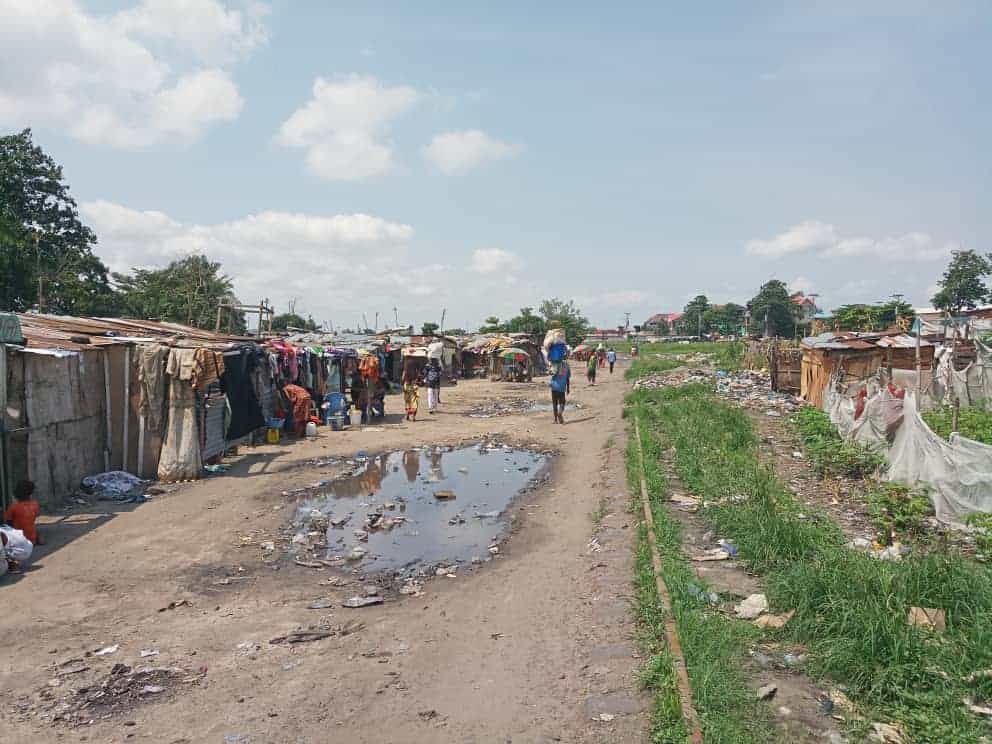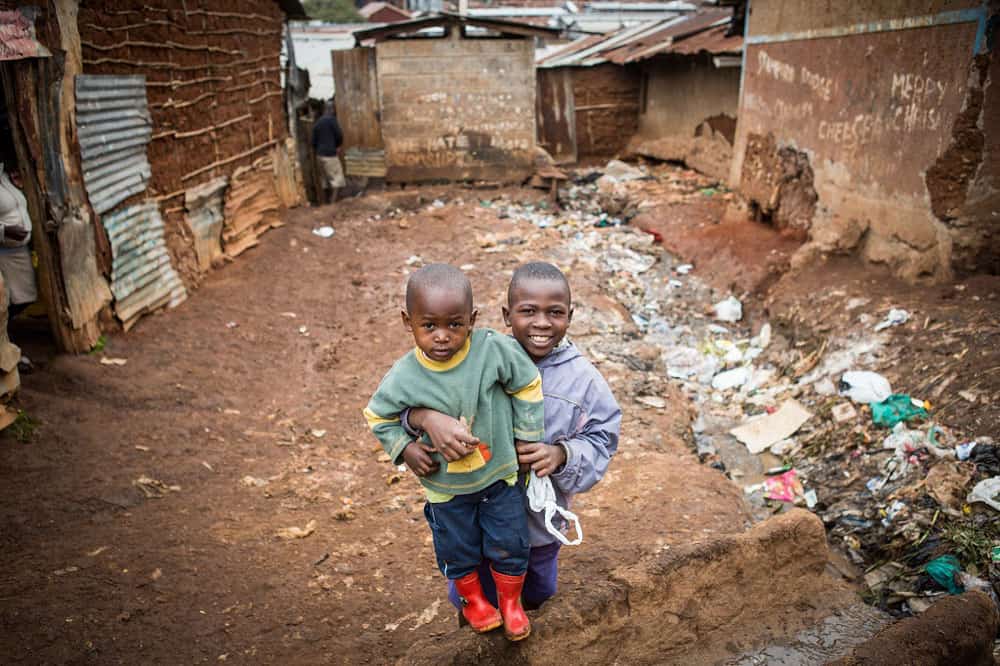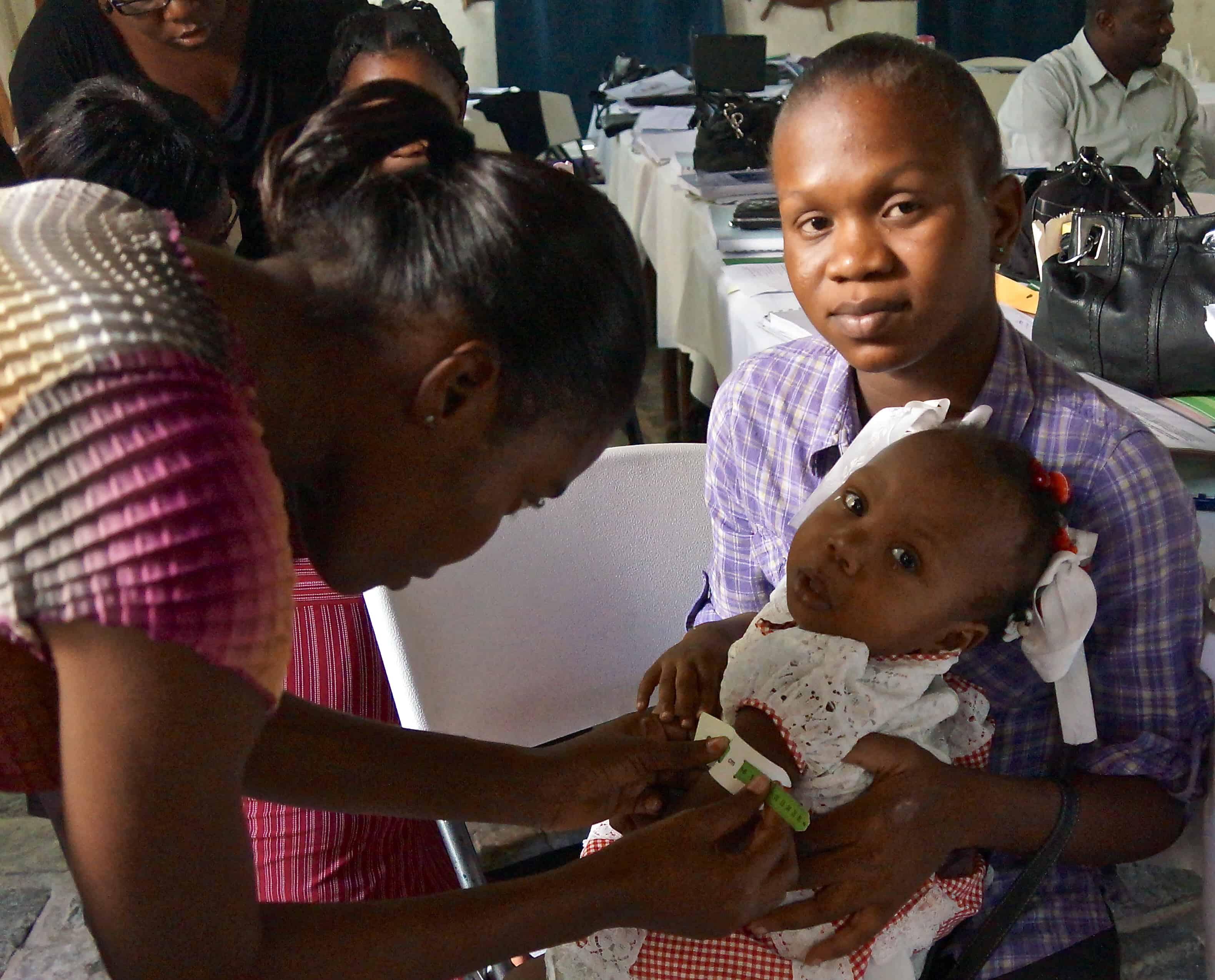Increased urbanization has created a pressing need for immunization strategies and guidelines specifically developed for urban populations. We work extensively in urban settings and have gained a nuanced understanding of the demand for and barriers to access and use of health services. We identify and understand priorities, preferences, concerns, and attitudes of urban families and those who serve them; set urban plans, policies, and targets; and allocate resources for health.
Targeted interventions—such as extended hours for health centers to accommodate working parents and strengthening community engagement around culturally acceptable health outreach services—can help to bridge a few of the gaps.
JSI builds capacity of and strong coalitions among civil society, the private sector, and government health stakeholders. We engage civic authorities in immunization systems for sustainable and equitable vaccination of the urban poor.

